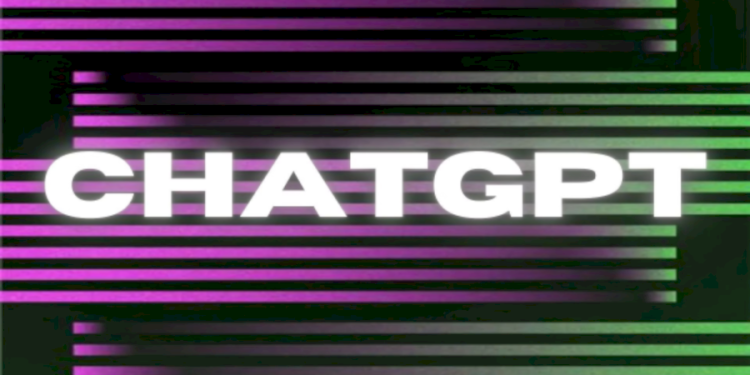A search engine called You.com introduced a chatbot in the ChatGPT fashion last year. The wider web is introduced to various AI-powered technologies. On the basis of misleading information, it does offer specific answers.
The new search engine feature is based on ChatGPT, an AI chatbot that sprang to prominence earlier this year for its capacity to deliver unique answers to difficult questions using information it gathers from throughout the internet. You.com asserted that it wanted to differentiate out from the competition by answering to more modern queries like “Who won the 2022 World Cup.” Only information from previous year is current regarding ChatGPT.
However, users of You.com should use caution as its assured solution to the World Cup question appeared to have certain details wrong, including the venue, the day it took place, and the player who hit the winning shot. Additionally, when CNET reposed the same query, the chatbot omitted important information.
Both chat programmes display web search results and repeat articles from encyclopaedias on various themes. They can also respond to a prompt like, “Compose me a letter to an old buddy I don’t really like but keep in touch with out of duty,” in which case they will write a letter to that friend.
The creation of new forms of art, music, writing, and even their own code by artificial intelligence programmes is becoming more commonplace. ChatGPT, You.com, and other similar chatbots are examples of this larger movement in the computer industry. People are beginning to question what art is and whether computers can create original things from a pool of knowledge due to how popular and quickly they seem to alter.
Conclusion
Google’s reputation is based on AI projects like its self-driving cars, real-time translation tools, and intelligent assistants. So it’s alleged that the firm became concerned once ChatGPT suddenly became popular. Of course, the dominant search engine contains technology that functions similarly to ChatGPT. LaMDA is the name of it, and it hasn’t been made public because it might respond inanely or start repeating hate comments. These same issues have required assistance for other chatbots, including those from Microsoft, Facebook, and other companies.
Exciting examples of the potential future of AI include ChatGPT and You.com. Richard Socher, a co-founder of You.com, said in a statement that integrating chat will set You.com apart from Google.









